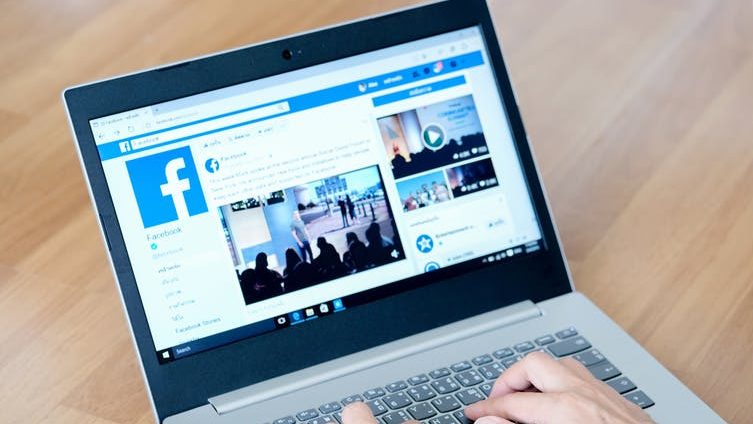Can you be liable for defamation for what other people write on your Facebook page? Australian court says: maybe
The decision in Dylan Voller’s defamation case against a number of publications earlier this week has significant consequences. Notably, it means publications will have to dedicate more resources to moderating comments on Facebook. But is it landmark, or just old law applied in a new way, asks law lecturer Michael Douglas.
When you go online and write something nasty about a person, or even a small business, you risk being sued for defamation. But if someone else goes online and writes something nasty about a person on your social media page, can you be held liable even though you didn’t write it? Depending on who you are: maybe.

A recent decision of the Supreme Court of New South Wales determined that media companies could be liable for the defamatory comments made on news stories on their Facebook pages.


Publishers have needed to moderate defamatory social media comments on their FB pages for years.
A real issue with defamation situations is whether the party instigating proceedings ever requested the publisher to take down the offending content. Sometimes publishers don’t realise (or have no way of knowing) that a comment is defamatory.
As Sebastian said above, publishers and organisations have been potentially liable for defamation on their Facebook pages for years now. From a risk and governance perspective, moderating for defamation should be fundamental in any social media or online community space.
I would also argue that moderating is crucial for creating and maintaining safe, healthy online spaces. Risk of defamation aside, the comments on a publisher’s website or Facebook page have often been places filled with discrimination, racism and hate speech.
Australian Community Managers’ Code of Ethics talks specifically about our responsibility as an industry for creating safe, welcoming and productive online spaces. If this ruling gets more publishers to think seriously about moderation and community management, it can only be a good thing.
In the future you’ll see an increasing number of creative or famous people stop doing press interviews. Why do an interview with a publication that has less reach than your own social media if you get a stream of insults and derision published under the article?